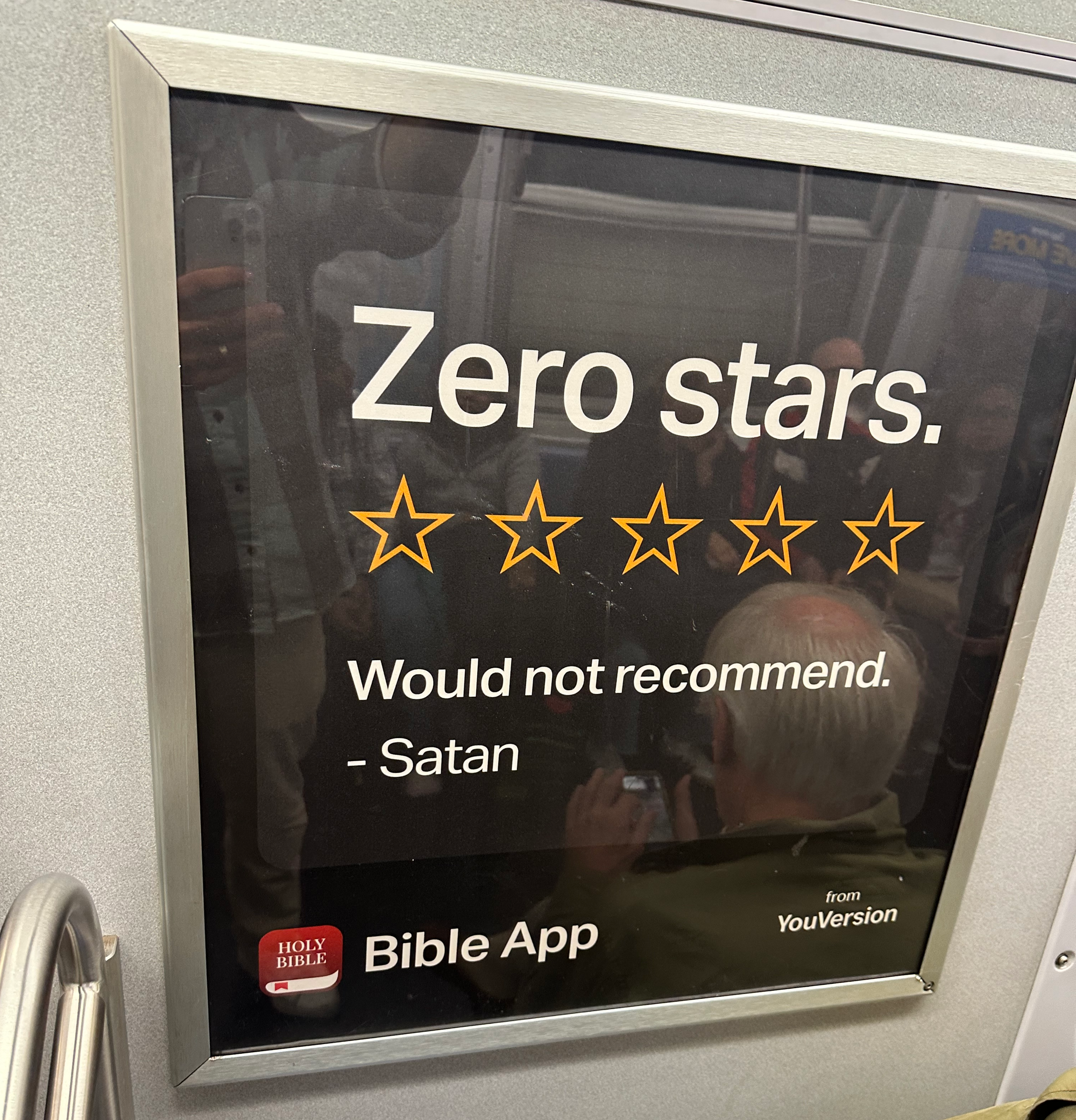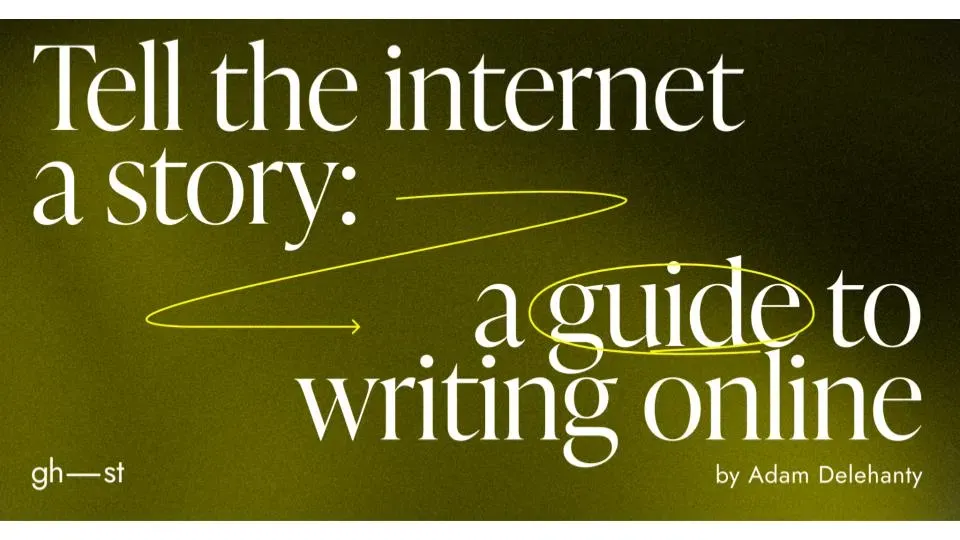Make Room For FastPass

"Those who want to lead us into this future must be willing to challenge the status quo for the sake of all."
Preview of links below:
- Subway Ad That Made Me Smile
- Tech Launch I'm Excited About
- Best Writing Advice I've Seen
Toll roads date back to the Roman Empire (how many times a week did you think about it?). They were a way to pay for highway construction over time and monitor who was coming and going through a region.
Toll roads in America date back to the early 1800s, before the invention of cars. As modern highways were built and cars took over the transportation landscape, new booths were installed, and toll booth operators were employed to take money from cars driving through, make a change, and give them a card that proved they had paid to drive on the busier intersections and highways.
As more and more cars got on the road, this proved to be the source of a lot of traffic and congestion, mainly as different rates were applied to different-sized vehicles or for how long you'd been on a specific stretch of road. In some areas, tollbooth operators were taken away to speed this up, and self-pay was added. You could put your money in and receive the exact change back. But the process did little, if anything, to speed things up.
The next greatest innovation involved allowing people to pay with their credit cards, but the speed gained was minimal. The innovation being tried was within the confines of how things had always been and was not being reimagined completely. All of these innovations still required cars to stop and interact with a person or a payment system before resuming their drive.
Then, the Fastpass came around with some designated lanes and other lanes for people still paying the old way. It sped things up for some, but even then, those drivers had to wait for those who had yet to adapt as they all drove up to the toll plaza.
It wasn't until 15 years ago that fully electronic toll plazas were introduced, completely eliminating the need for toll booths. High-speed cameras and a license plate database were all that was needed to keep everyone moving while still accomplishing the original goal of the Roman Empire's toll roads.
Toll booths are just an example, but so many attempts at innovation fall flat because they are forcefully made within the existing system's constraints. For us to evolve as a society, to take advantage of the technology that's been created, and to have innovation move at the speed of the responsibility that we have for the future of everyone, we must rethink the way all our institutions, businesses, and societal structures can and should be reimagined.
We must start thinking about Fastpasses and stop thinking about replacing the tollbooth operator with a self-pay option.
Those who want to lead us into this future must be willing to challenge the status quo for the sake of all.
For example, the future of education is not to make a better university or college. It's to do away with the archaic system of sitting in a classroom for four years to prove that you could endure the pain of "learning" years worth of information that has no bearing on your future, that is not relevant to any job that exists today or will exist in 10 years, but to prove you can suffer through this right of passage.
The future of education has to be much nimbler and even more agile than the FastPass compared to tollbooth operators. The current tollbooth operators are bureaucrats and administrators handing out the diplomas as little tickets that show someone has paid to travel this costly toll road. Little tickets that bestow prestige upon an elite few and put countless others in $100,000s of debt in pursuit of, hopefully, the same advantage. But if we zoom all the way out, we'll see everyone is still getting stuck in the congestion of how things always have been.
But not just for those traveling the highway; we have to make sure innovation in education works for the former toll booth, too. These kinds of jobs will be replaced in the coming years, and there will be those who decry how technology is taking their jobs. But if everyone is honest, those jobs are jobs that no one ever aspires to have; they're jobs that people got stuck in on their way to a dream that never was realized. They're jobs that, once replaced by technology, will actually free people up to start doing people jobs that require human creativity and thoughtfulness, durable skills that won't be replaced by technology.
We have to make room for Fastpasses in higher/continuing education - this feels like the toll booth of yesteryear that should most quickly be bulldozed.
What might that look like? I've been writing privately about this a lot recently, and I'd love to learn from you or anyone in your network who is thinking about what that would look like. What have you been thinking about when it comes to your continued learning? What have you read recently that sparked a fire in you?
Subway Ad That Made Me Laugh

Tech Launch I'm So Excited About
I had the chance to coach Anjan Katta, the Founder and CEO of Daylight Computer Company. Having a front-row seat to how his mind works led me to invest in their first round of funding, and I am so happy I did. What he and his team released this week is just the beginning of what I believe is a renaissance and a revolution in the future of computing and a first step toward taking back agency in our lives from the tech companies that have perfected our digital enslavement. Check out their launch video here for a quick two-minute introduction to their new tablet and a glimpse of their vision!
Some of the Best Writing Advice I've Ever Seen

My good friend and personal advisor, Adam Delehanty, believes everyone, especially leaders and founders, has a story to tell. He also knows just how hard it is to bring that story out into the world in a way that matters. But he has worked with the teams at mega-companies like Hinge and, most recently, Duo-Lingo to do just that, and it has changed those companies' culture and future. He was generous enough to write his top tips for writing online and share them last week, and I am glad he did.
